What Happened?
China’s Ministry of Commerce (MOFCOM) has imposed sanctions on five U.S.-linked subsidiaries of Hanwha Ocean Co., a major South Korean shipbuilder. The sanctions are in response to U.S. Section 301 investigations targeting China’s maritime, logistics, and shipbuilding sectors.
US-China Start Tit-for-Tat Port Fees, Raising Shipping Tensions
Starting Tuesday, both the United States and China will begin charging new port fees on shipping companies transporting goods such as holiday toys, crude oil, and other cargo. The move marks the latest escalation in trade tensions, with fees targeting vessels linked to each country.
In the U.S., the fees were announced earlier this year to curb China’s influence in global shipping and boost American shipbuilding. These charges will take effect on October 14 and apply to China-linked vessels.
China has already begun collecting special levies on U.S.-owned, operated, built, or flagged ships. Chinese-built vessels are exempt, as are empty ships entering Chinese shipyards for repairs. Fees are applied at the first port of entry on a voyage or for the first five voyages in a year, with billing based on an annual cycle starting April 17.
Trump’s Port Fees to Hit Chinese Shippers Hard
President Donald Trump’s new U.S. port fees, effective Tuesday, are set to increase costs for Chinese shipping companies already struggling with trade tensions and falling freight rates. Cosco Shipping Holdings Co. and Orient Overseas International Ltd. (OOIL) are expected to be the most affected.
Analysts from HSBC and Citigroup estimate that Cosco could face $1.5–$2.1 billion in extra fees in 2026, while OOIL may incur up to $654 million, according to HSBC’s Parash Jain.
Non-Chinese carriers are likely to feel less impact, as they can use non-Chinese-built vessels on U.S. routes and avoid the higher charges. This move adds another layer of pressure on Chinese shippers in the current market.
Details of the Sanctions
- Effective from October 14, 2025.
- Special port fees for U.S.-linked ships will increase from RMB 400 to RMB 1,120 per ton (2025–2028).
- Maximum 5 voyages per year for affected ships; non-payment will block entry/exit.
- Exemptions apply to China-built ships, repair-only vessels, and official exemptions.
China’s Statement
A MOFCOM spokesperson urged the U.S. and related companies to:
- Respect facts and multilateral trade rules.
- Follow market economy and fair competition principles.
- Correct practices harming China’s interests immediately.
Context & Trade Tensions
The sanctions come amid concerns of renewed trade tensions between Washington and Beijing. Previously, threats of 100% tariffs had caused market selloffs, but tensions eased after signals of potential deals and moderated rhetoric. Both sides continue working through their economic and trade consultation mechanism, with recent working-level talks held on Monday.
Impact on Shipping & Trade
The restrictions may affect U.S.-linked ships operating in Chinese ports, potentially increasing costs and limiting operations. The Ministry of Transport is investigating the broader impacts and may implement additional measures if necessary.
Key Questions Answered
1. Why did China impose sanctions?
China responded to U.S. Section 301 investigations targeting its maritime, logistics, and shipbuilding sectors, aiming to protect its economic and trade interests.
2. Which companies are affected?
Five U.S.-linked subsidiaries of Hanwha Ocean Co., a South Korean shipbuilder, are sanctioned.
3. What are the penalties?
- Higher port fees: RMB 400 → 1,120 per ton.
- Maximum 5 voyages per year.
- Non-payment blocks port entry/exit.
4. Are there any exemptions?
Yes, China-built ships, repair-only vessels, and ships with official exemptions are not affected.
5. How will this affect trade?
U.S.-linked shipping operations in China may face higher costs and restricted access, increasing pressure on trade relations between the two countries.
Conclusion
The sanctions highlight ongoing trade tensions between China and the U.S., emphasizing the importance of multilateral trade rules and fair competition. Companies involved in shipping and maritime logistics should monitor updates closely.

BBW News Desk is the editorial team of BigBreakingWire, a digital newsroom focused on global finance, markets, geopolitics, trade policy, and macroeconomic developments.
Our editors monitor government decisions, central bank actions, international trade movements, corporate activity, and economic indicators to deliver fast, fact-based reporting for investors, professionals, and informed readers.
The BBW News Desk operates under the editorial standards of BigBreakingWire, prioritizing accuracy, verified information, and timely updates on major global developments.
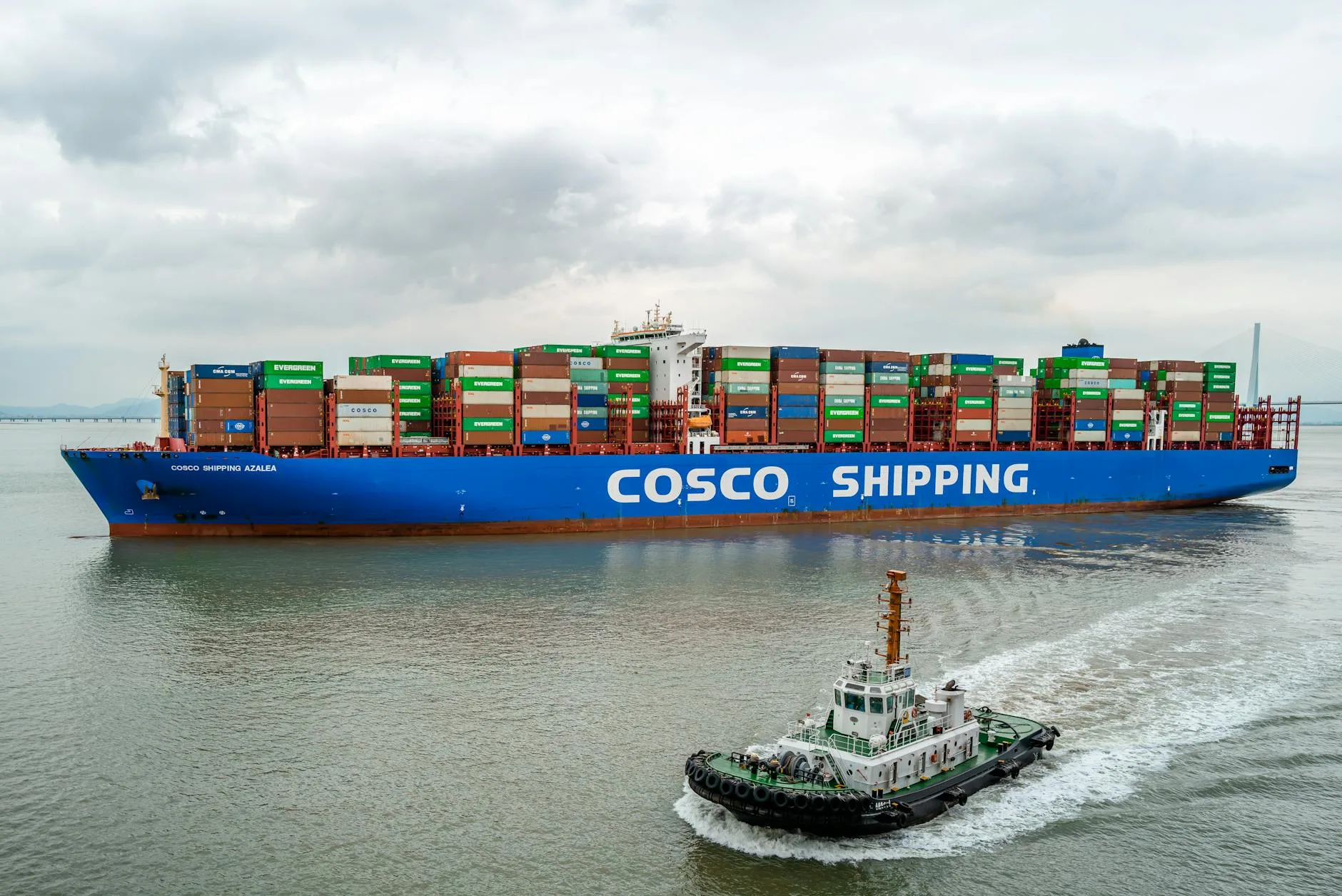











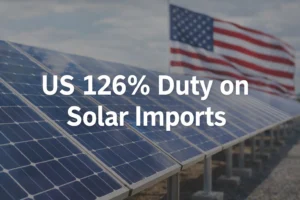



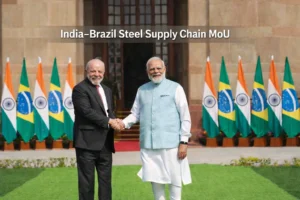



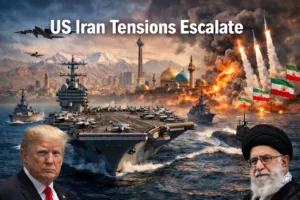
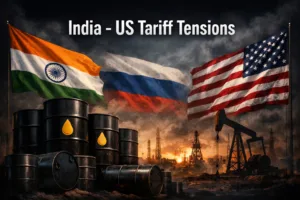
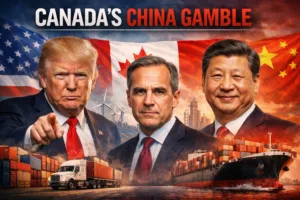
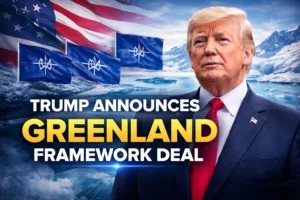




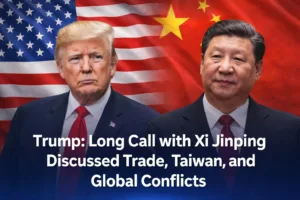



Be First to Comment